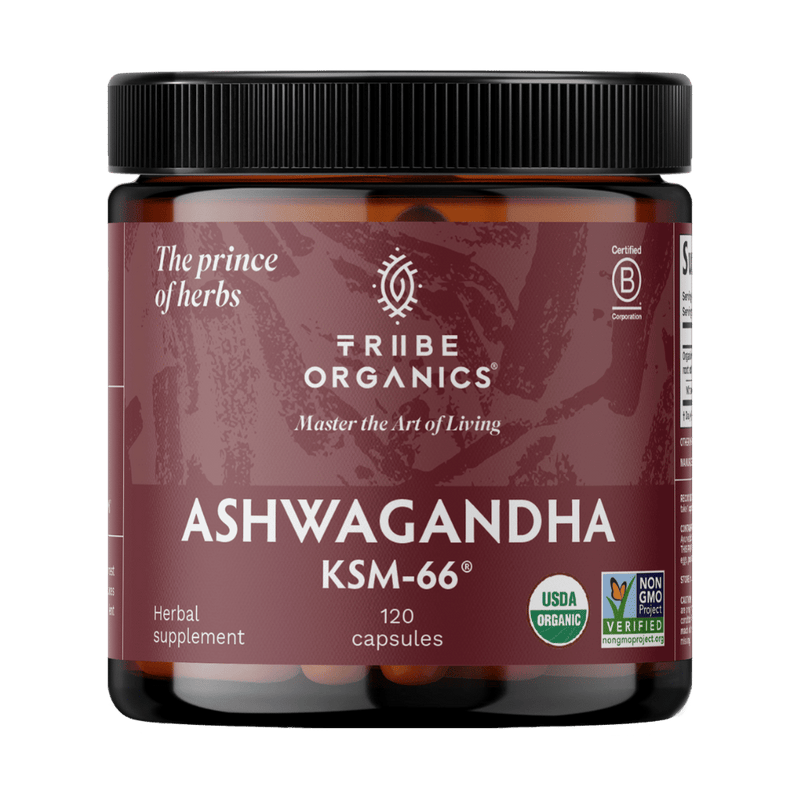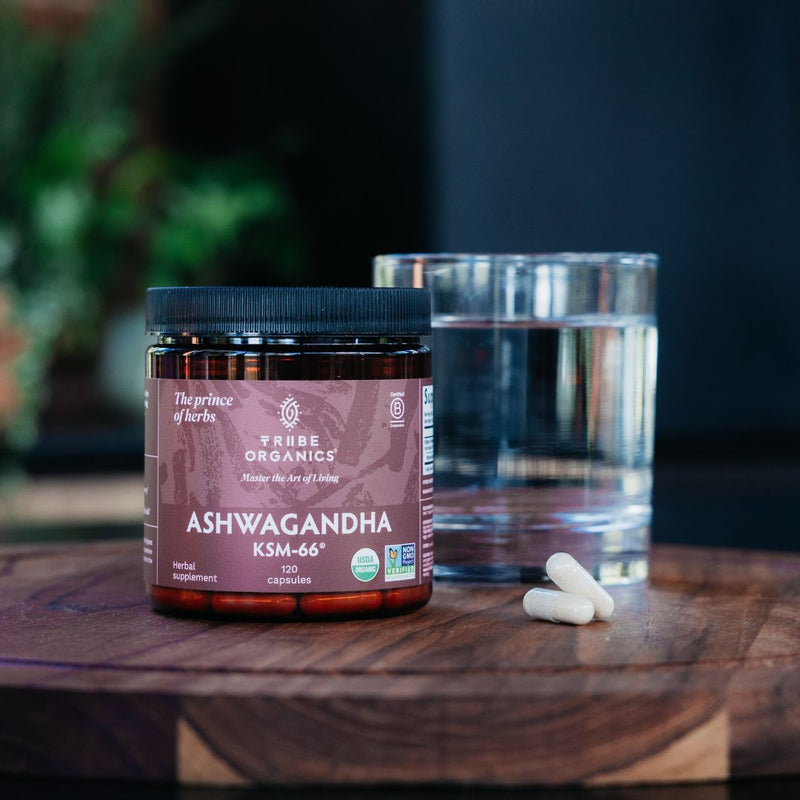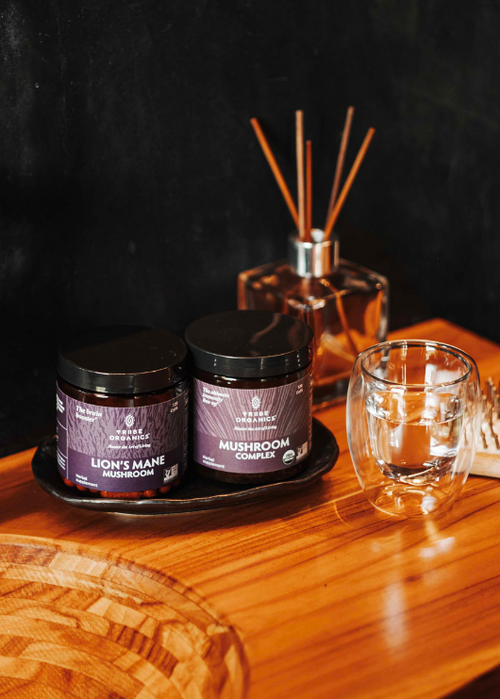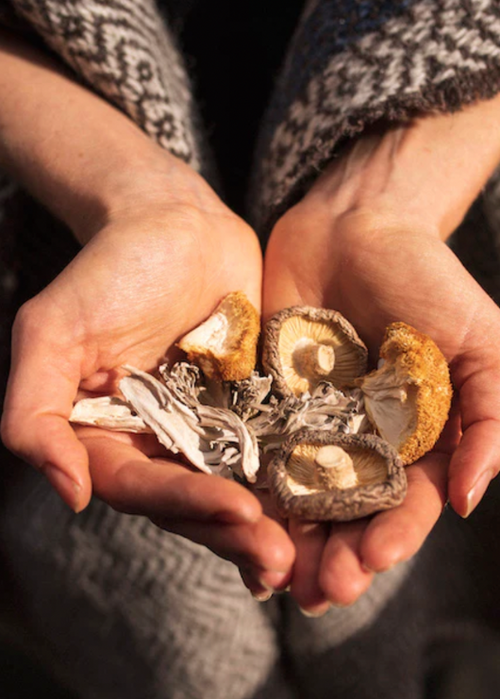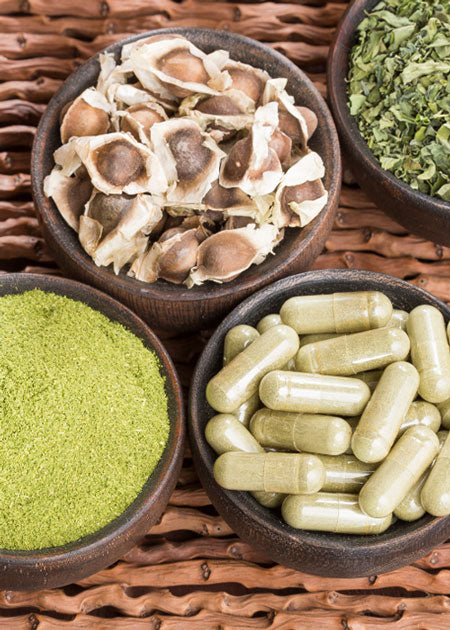Amla is also known as Indian gooseberry, or Emblica. It's a small, tart fruit that grows on the amla tree, which is native to Southeast Asia and India. It has been used in Ayurvedic medicine for centuries to treat a wide range of ailments, including diabetes and heart disease.
In recent years, Amla has gained popularity in Western countries because of its antioxidant properties, which are believed to help slow the aging process and prevent cancer.
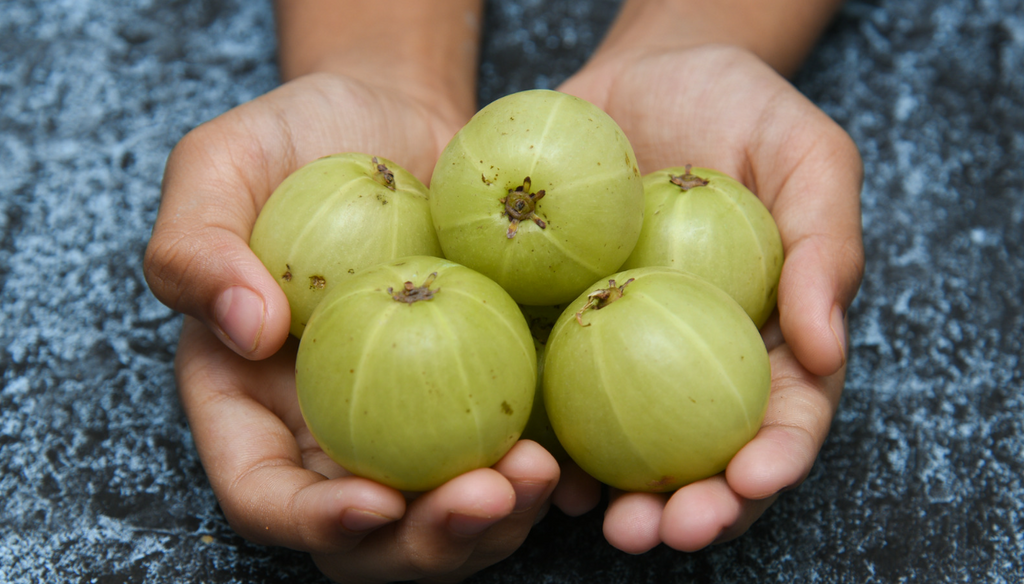
The "superfruit" Amla, which is grown commercially in India and neighboring countries, has developed a global fan base. A 100-gram portion of fresh amla berries has as much vitamin C as 20 oranges, so this is not surprising.
Indian gooseberries, or amla, are fruits that grow on a tree. Round, bright yellow-green berries make up this little fruit. When combined with other dishes, their sourness becomes more subtle, and their flavor becomes more prominent.
It has been suggested that including this ancient superfruit in one's diet can have beneficial effects on health.
Amla powder is made from dried Amla fruit, which has a dark-red color. It's commonly used as a natural food coloring and can be added to smoothies or juices for extra flavor.
The Main Health Benefits of Amla
Amla berries' antioxidants and vitamins provide a number of health benefits.
Amla's high vitamin C content aids in the body's natural ability to heal.
Numerous flavonols, compounds associated with advantages including enhanced memory, are also present in amla berries. Additional amla health benefits include:
Amla is Rich in Vitamin C And Other Nutrients
Amla is a natural source of vitamin C, which is known to be an effective antioxidant that helps prevent the formation of free radicals in the body. It also has anti-inflammatory properties, which can help improve your skin health.
Amla Manages Occurence Of Diabetes
Amla berries provide soluble fiber that helps your body absorb sugar more slowly since it dissolves fast. Increases in blood sugar can be mitigated in this way. Amla berries help people with type 2 diabetes control their blood sugar and cholesterol levels.
Amla Can Improve Vision
Amla berries are an excellent source of vitamin A, which is essential for maintaining healthy eyes. Improved eyesight isn't the only thing vitamin A can do for you; it also has anti-aging benefits that could protect your retina from age-related macular degeneration.
Because of its high vitamin C concentration, amla is beneficial to eye health and can reduce the risk of conjunctivitis (pink eye) and other eye infections.
Amla Can Boost Immunity
Amla berries give 300 milligrams of vitamin C per 100 gram serving. A high concentration of polyphenols, alkaloids, and flavonoids can also be found. Amla can fight inflammation and bacteria.
Amla Helps with Memory and Brain Health
Amla's antioxidants and phytonutrients protect brain cells from the free radicals that can otherwise cause harm, improving memory.
The high vitamin C content in Amla stimulates the body to create norepinephrine, a neurotransmitter that has been shown to boost cognitive performance in patients with dementia.
Amla Improves Digestion
Amla is high in fiber content which helps in improving digestion by preventing constipation and other digestive issues. It also contains pectin which helps maintain a healthy digestive tract by keeping your bowels regular and eliminating toxins from the body effectively.
Amla Can Prevent Cancer Cells From Growing
In addition to its anti-inflammatory properties, amla also contains antioxidants like vitamin C which protect against oxidative stress caused by free radicals in the body.
This can help prevent cancer cells from growing or spreading throughout your body by killing them off before they develop into anything serious like colon cancer or breast cancer.
Additionally, amla contains flavonoids, tannins and phenolic compounds that help lower your risk of heart disease and cancer by preventing the growth of cancer cells and protecting healthy cells from damage.
Amla Helps Control Blood Sugar Levels
Amla is a good source of vitamin C which helps to lower blood sugar levels by increasing the production of insulin in your body.
This also means it can help reverse damage that’s already been done to your blood vessels as well as prevent any further damage from occurring.
Amla Can Protect Against Heart Disease
Amla contains vitamin C which lowers cholesterol levels and keeps your arteries clear by preventing plaque from building up in them. It also contains pectin which helps to prevent blood clots from forming.
Amla Is An Antioxidant Powerhouse
Amla is a powerful antioxidant that helps to reduce inflammation in your body. This means it can help to prevent or reverse damage caused by free radicals in your body like heart disease, cancer and Alzheimer’s disease.
Amla Is Good For Your Skin
Amla has a high content of vitamin C and antioxidants, which are both essential for skin health and can slow down the aging process. It also contains phytosterols which help to reduce inflammation in the body and keep acne at bay.
Who Should Not Consume Amla
People with Hypotension
Amla's ability to reduce and maintain healthy blood pressure has earned it a reputation for helping those with hypertension. People with hypotension, or low blood pressure, should avoid eating too much amla and instead focus on maintaining their blood pressure through regular exercise.
People with Low Blood Sugar
Because of the high levels of fiber in raw amla, it is used as a home treatment to control diabetes. However, “the situation may be different for you if you have low sugar (Hypoglycemia) or if you take frequent anti-diabetic drugs," as Dr. Batra put it. Both the drugs and the miraculous fruit can interfere with one other and cause dangerously low blood sugar levels.
People with Heart Conditions
Some drugs may also react negatively to amla. Thus, those with cardiac disease should seek medical advice before taking amla.
What Happens When You Consume Too Much Amla
It Can Trigger Acidity
The fruit is an excellent source of vitamin C and ascorbic acid. Because of its acidic composition, it may aggravate pre-existing hyperacidity in those who are susceptible.
It Can Make Stool Hard
Amla's high fiber content has made it a popular treatment for bowel issues. But it's true that a lot of it can make your stools more difficult to pass.
Dehydration Can Occur
Amla stimulates the kidneys to produce more urine, due to its diuretic effects. Because of this, it can cause some people to get dehydrated and lose weight. That's why expecting mothers need to be especially careful about eating amla.
It May Cause Skin Issues
Its diuretic properties aid in the elimination of harmful substances and metabolic byproducts. However, if this water loss is not replaced, dryness and premature aging of the skin may result.
It's true that Amla can improve skin, however excessive consumption is not advised.
You Can Enjoy Amla Benefits With TRIIBE Organics' Amla Complex
If you’re interested in this incredible immune boosting supplement, you can shop it at Tribe Organics!
Amla is a powerhouse of Vitamin C, antioxidants, and is incredibly healing. If you're looking for a supplement that can improve your immune system, help your skin, boost your immune system, and more, then look no further than amla.
If you need a natural solution for your health that is completely safe and effective, Amla powder is the right choice for you. Check out our other supplements as well!
Not only is it 100% natural and vegan, but its effects are considerably faster than those of other remedies.
For more information or any questions, please contact us.
Shop best sellers
Explore our collection of favorite items that have gained popularity for their quality and satisfaction.



